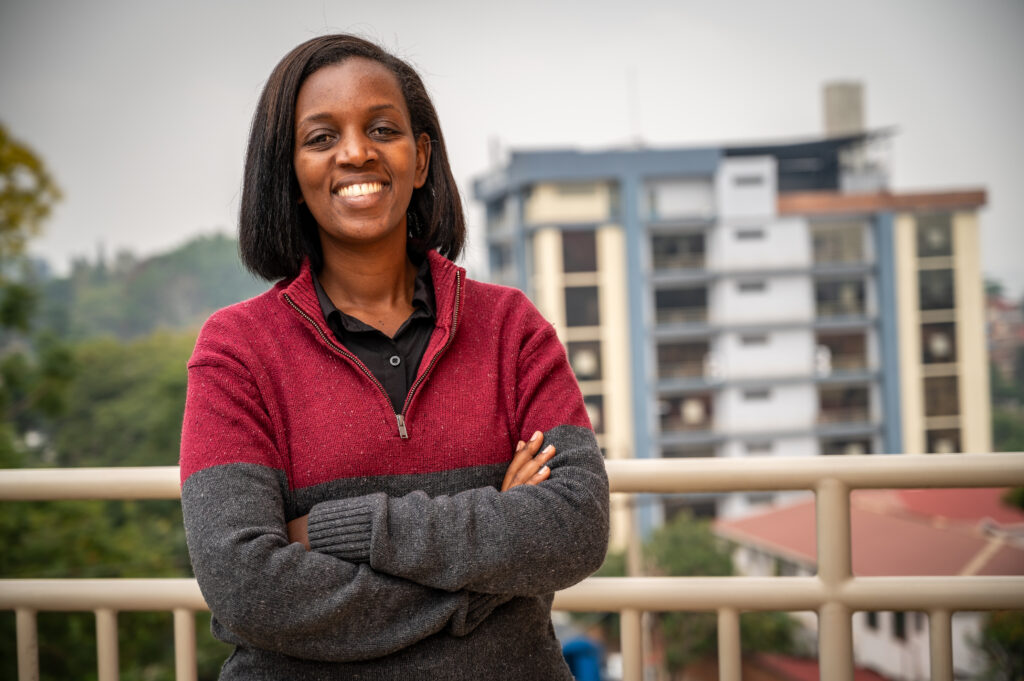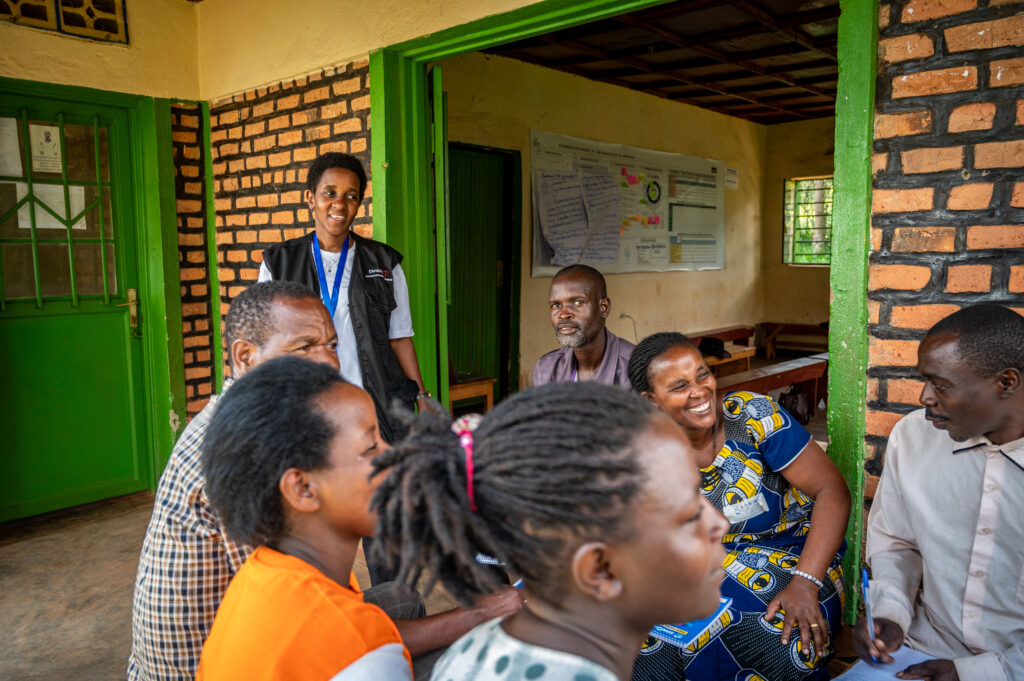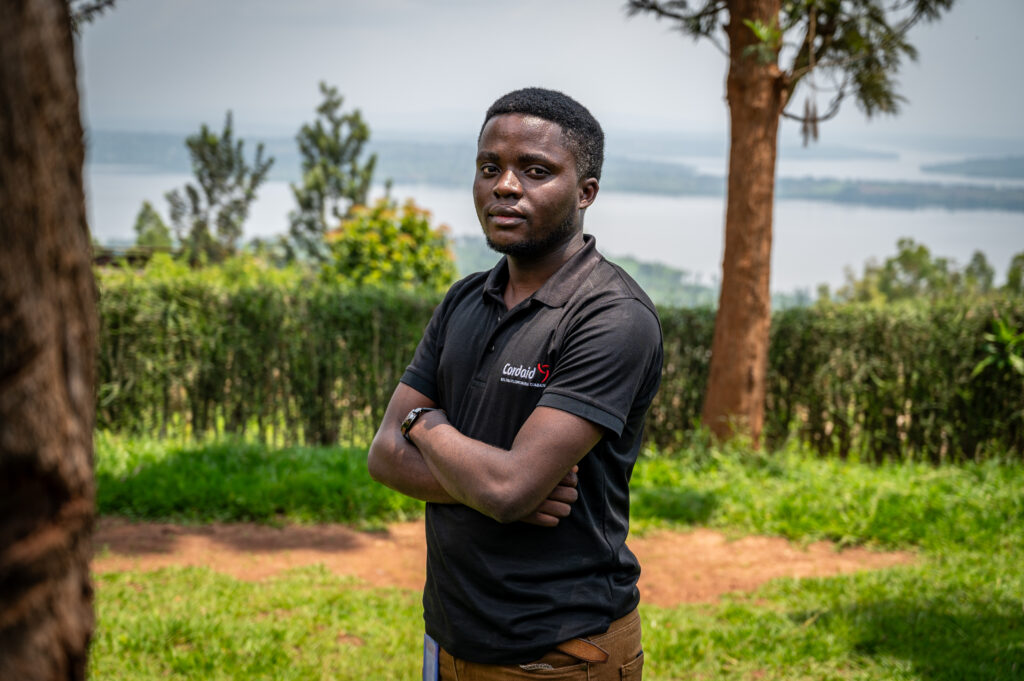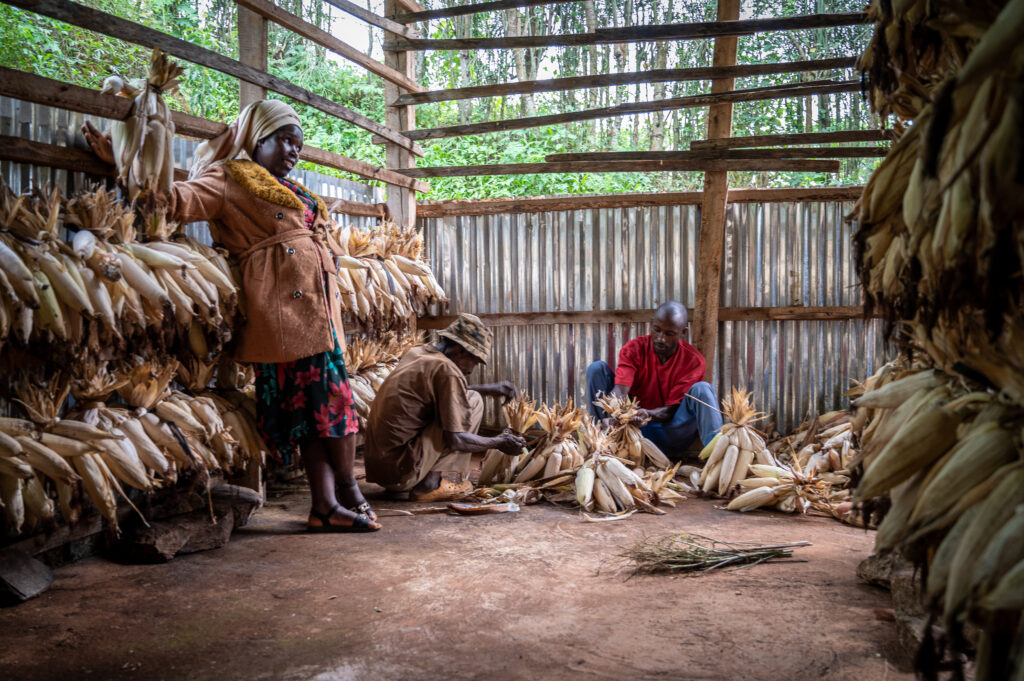Rwanda has been trying to shake off the yoke of its dark history of genocide for decades—successfully so. The streets in the capital, Kigali, are spotless, the country is safe and welcomes travellers from all over the world, and its economy has emerged as one of the great African success stories. In Rwanda, the air shimmers with hope and optimism. But as in many African countries, climate change is throwing a spanner in the works.

Particularly in the eastern part of the country, farmers are experiencing serious challenges due to years of drought or excessive rainfall. When a harvest fails, they lose a year’s income. Not to mention the concerns for food insecurity when the yield remains disappointing for too long.
Worrying predictions
Experts predict climate change will have increasingly serious consequences for Rwanda in the coming years. Temperatures continue to rise, and precipitation patterns become more unpredictable.
In addition, densely populated Rwanda has little unspoiled nature left. Most of the land is intended for farming, and 70% of the population is engaged in agriculture.
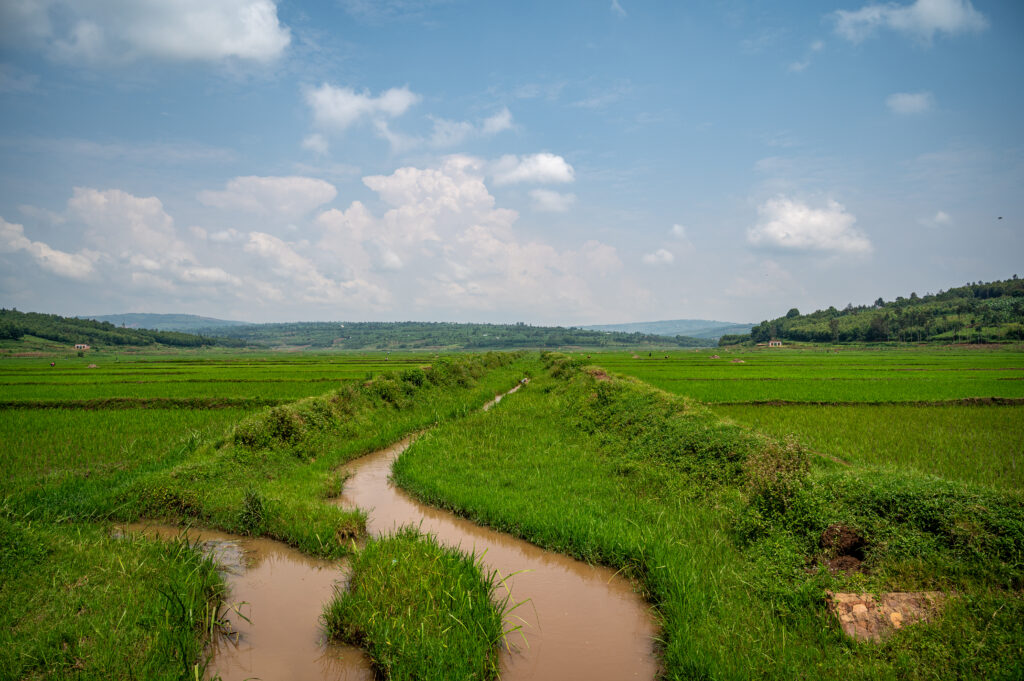
The vagaries of nature
Many Rwandan farmers do not have access to modern equipment and depend on the mercy of the elements and the vagaries of nature. The predictability of the seasons has always been their most important tool. Now they’ve lost that.
Despite the country’s many efforts to mitigate and adapt to the consequences of climate change, more action is needed. Cordaid’s various projects in Rwanda build on those efforts and help create sustainable solutions.
Transforming through Adaptation
The Transforming Eastern Province through Adaptation programme supports 260,000 people with access to climate-resilient investments and restores 60,000 hectares of degraded landscapes.
The project is a six-year collaboration between Cordaid, the International Union for Conservation of Nature (IUCN), the Rwandan Ministry of Environment, the Rwanda Forestry Authority (RFA), and the Green Climate Fund (GCF).
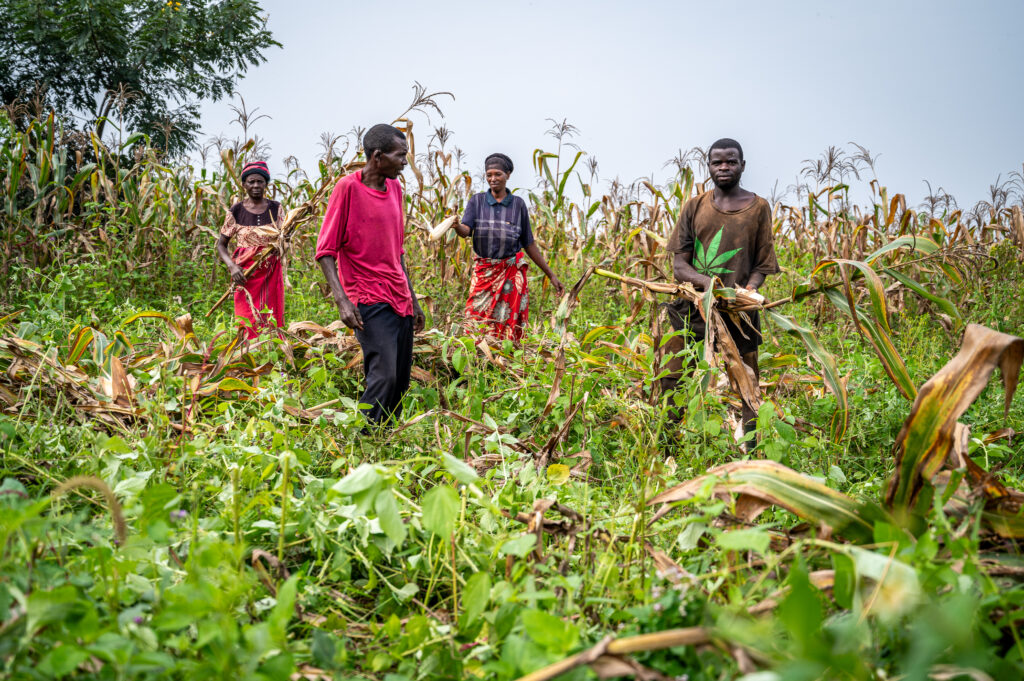
With a dull blow of her machete, Boniflide Mukatabaruka slashes into the thick stalks. It’s about thirty degrees, but she’s wearing a light brown winter coat with a fur collar and a woollen scarf around her head. Miraculously, only a single drop of sweat trickles down her forehead as she skilfully walks through the dense forest covering her field.
This was a good year.
And today is one of the most important days of the year. All members of the farmers’ cooperative have come together to harvest their maize.
Although she is one of the younger women in the group, she oversees the work like a true leader. In addition to being the mother of three children, 38-year-old Boniflide is also the head of a cooperative in the Kayonza district, which has nine female members and thirteen men.
“Climate change solutions and business opportunities can go hand in hand. The right investments can enable farmers to adapt their businesses so that the climate will no longer be a threat.”
A catastrophic year
She has been working on her land for twenty years and has gradually seen the seasons’ unpredictability increase. The worst drought hit the area in 2016, and Boniflide vividly remembers one of the most stressful periods in her life.
‘The sun was so intense, it started to become a big problem’, she says in the shade of her barn. ‘We didn’t know how to adapt to the changes. And as a cooperative, we were not sufficiently effective. How do we best distribute the seeds? What is the right amount of fertiliser? Which maize varieties work best on our land? We had no idea.’
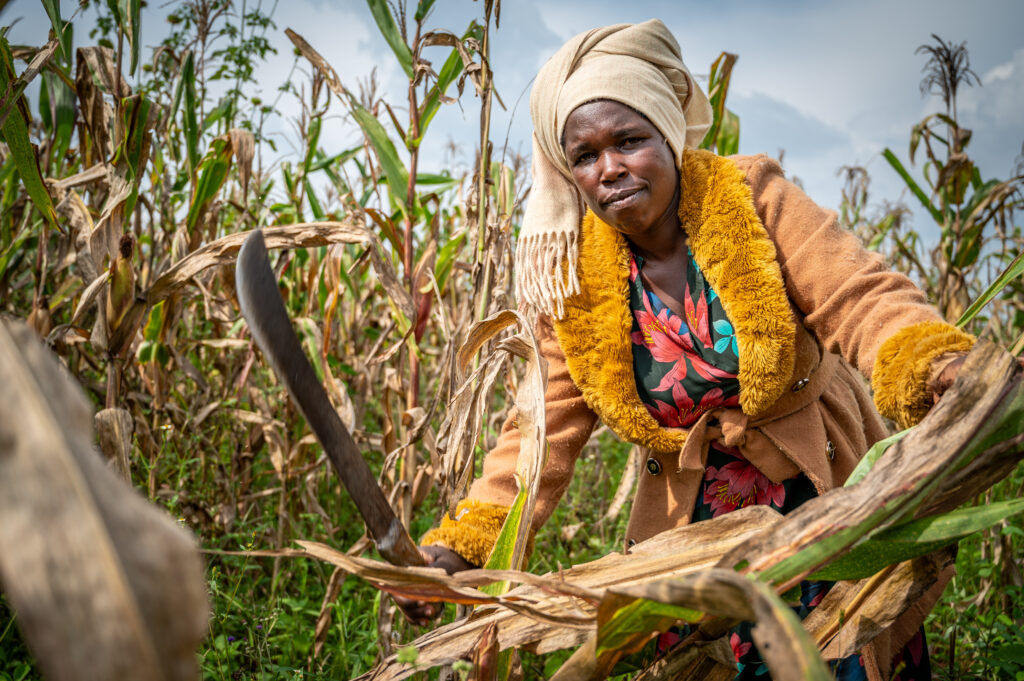
After that catastrophic year, Cordaid started collaborating with local microfinance institutions to mitigate the situation and organised a multi-annual programme with several goals: making farmers more resilient to climate change, guaranteeing food for the population and restoring nature.
The programme staff train the participants and connect them with finance institutions. The investors, in turn, are trained to develop special financial products for small-scale farmers. This gives them easier access to loans that allow them to purchase the necessary equipment, such as solar-powered irrigation systems, to make their business future- and climate-proof.
